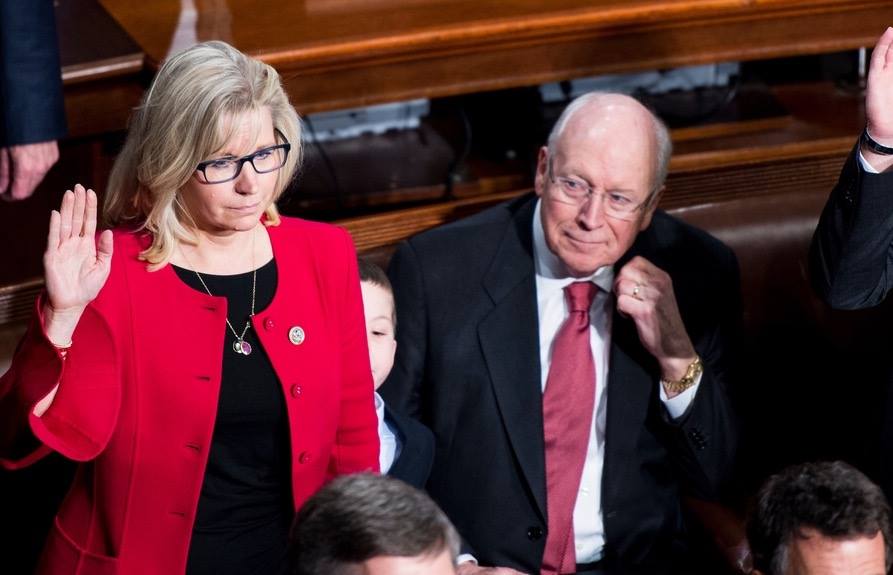She thinks voters actually want her?
Former Republican Representative Liz Cheney of Wyoming recently hinted at the possibility of running for president in the upcoming election cycle during an appearance on CNN’s State of the Union. When questioned by host Jake Tapper about her potential candidacy, Cheney refrained from ruling it out completely, stating, “I haven’t made any decisions about it yet, but I’m going to do whatever is necessary to defeat Donald Trump.”
Cheney’s stance against Trump has been evident since the aftermath of the 2020 presidential election, during which Trump repeatedly claimed without evidence that the election was stolen due to widespread voter fraud. Following the storming of the U.S. Capitol by a violent mob of Trump supporters on January 6, 2021, Cheney’s criticisms of the former president intensified. She notably voted to impeach Trump for incitement of insurrection, making her one of only 10 House Republicans to do so. Despite Trump’s subsequent acquittal by the Senate, Cheney faced repercussions within her own party, ultimately losing her leadership position in the House Republican Conference and her congressional seat in Wyoming’s at-large district in the 2022 midterm election.
While Cheney has not yet confirmed her candidacy for the presidency, she has refrained from endorsing any specific candidates, including Republican contender Nikki Haley and Democratic frontrunner President Joe Biden. This ambiguity regarding her intentions mirrors her previous comments in October 2022, where she similarly suggested that she had not made a final decision about running for president.
During her recent interview, Cheney reiterated her concerns about Trump’s potential bid for the presidency, particularly highlighting his controversial remarks about NATO. Trump’s suggestion that he would not uphold NATO commitments drew bipartisan criticism, with Cheney warning of a growing “Putin wing” within the Republican Party and emphasizing the importance of preventing their influence in the White House.
In response to Trump’s remarks, the White House labeled them as “appalling and unhinged,” while NATO emphasized the importance of solidarity among its members for collective security. Despite the backlash, Trump remains steadfast in his stance, reiterating his belief that NATO allies must contribute more financially to the alliance.
As Cheney continues to navigate the political landscape, her potential candidacy for president underscores the ongoing divisions within the Republican Party and the broader implications for U.S. foreign policy and national security.
